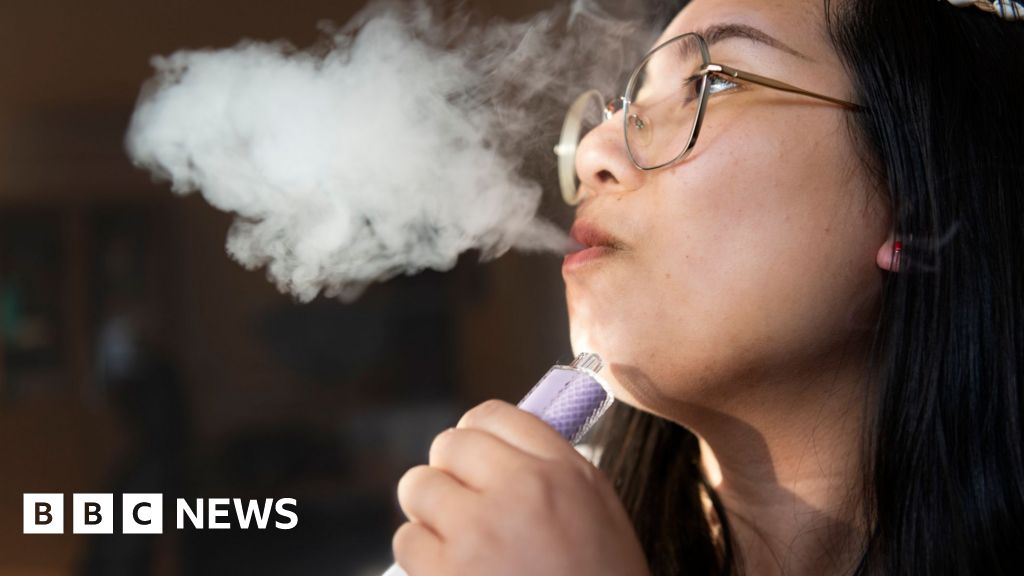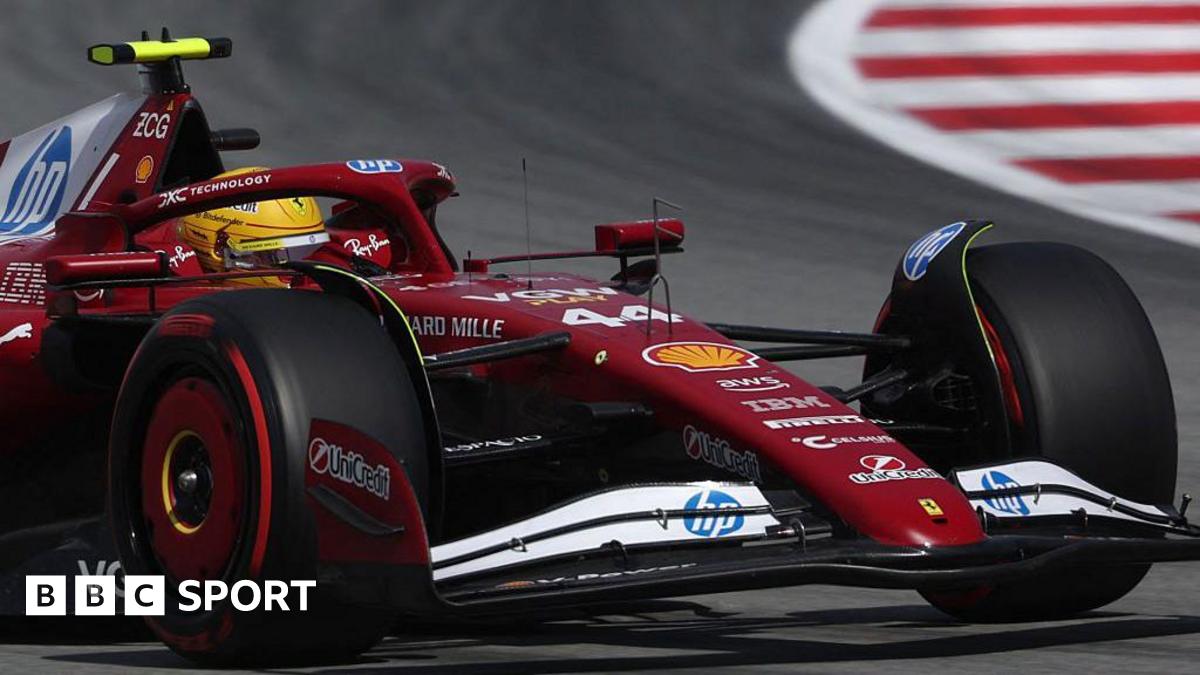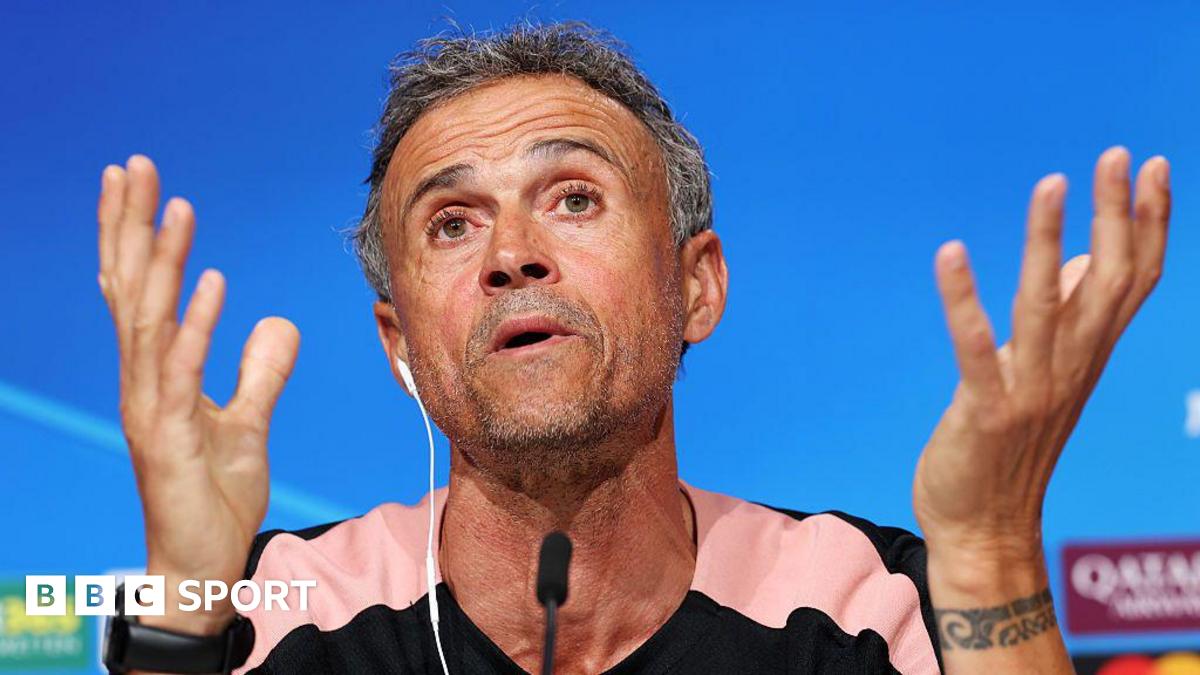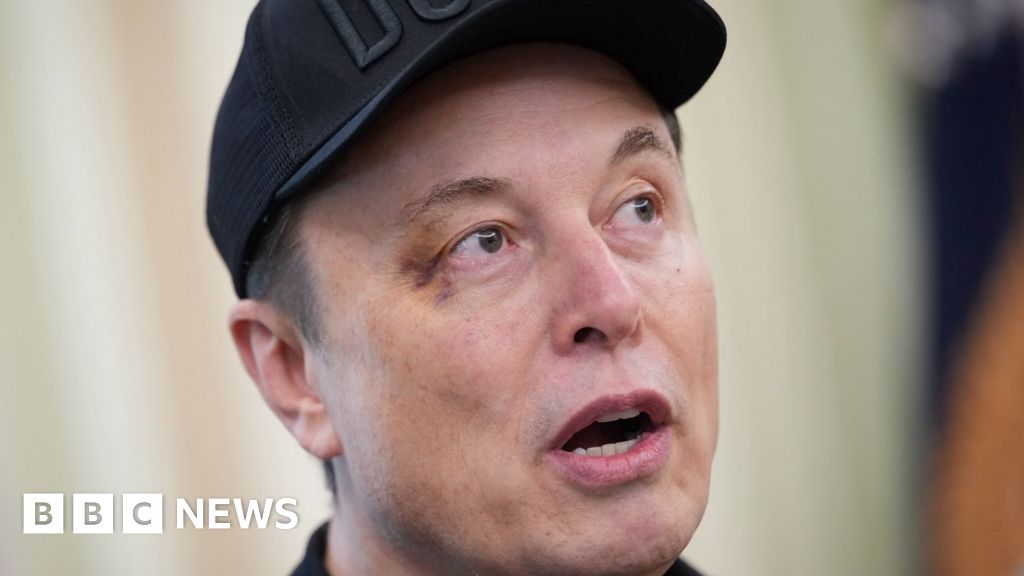BBC News
The ban on single-use vapes is unlikely to reduce the appeal of e-cigarettes to teenagers because re-usable models are so similar to disposables, the head of a campaign group has warned.
Disposable vapes will be banned in the UK from Sunday in an effort to curb youth vaping rates and reduce electronic waste.
But Hazel Cheeseman, chief executive of Action on Smoking and Health (Ash), said new reusable vapes are “very similar” to single-use vapes, meaning it is “unlikely [the ban] will have that much impact on the appeal of products”.
Circular Economy Minister Mary Creagh said the government was acting “to reduce waste and environmental damage”.
The government has previously said the ban would “reduce the appeal of vapes to children”.
According to research from Ash last year, the proportion of the population who said they currently vape is at its highest – 11% – equal to 5.6 million adults in Great Britain.
A quarter of 11 to 15-year-olds have tried vaping and nearly 1 in 10 vape often, according to 2024 NHS research.
Ms Cheeseman welcomed the legislation as a step towards tougher regulations on vaping products, but said stronger action was needed to make vaping less appealing to young people who have never smoked.
“Teenagers weren’t drawn to these products because you could throw them away,” she told BBC Breakfast.
“They were drawn to them because they were brightly coloured, because they were cheap, and they were really, really available. All of those things will still be true on Sunday.”
Some reusable vapes have “identical” packaging to their single-use counterparts, are sold at the same price, and give customers little information about how to refill them, she said.
“The manufacturers are not making it easy for people to change their behaviour.”
The government’s Tobacco and Vapes Bill, a separate piece of legislation, will give ministers the power to take action that “probably will reduce the appeal of these products to teenagers”, she said.
This includes regulating the packaging and design of vape products, and restricting advertising.
‘Highly addictive’
Vaping is substantially less harmful than smoking cigarettes, but has not been around for long enough for its long-term risks to be known, according to the NHS.
Because of this, it is only recommended as a method to help adult smokers quit.
However, the BBC has heard from former smokers who said they found vaping more addictive than cigarettes.
Kate, a former social smoker, told 5 Live host Nicky Campbell she thought vaping might be a healthier alternative to smoking but she found it “highly addictive”.
In the same programme, Chris in Telford said his vape addiction is worse than when he would smoke up to 40 cigarettes a day. “I think they should be banned 100%,” he said.
Salim Kalache, 24, started vaping four months ago instead of smoking, and although he believes the ban is “fair”, called the habit the “lesser of two evils”.
Kian Watt, 18, told BBC Newsbeat he started vaping aged 12 because of “all the stress” and doesn’t think vapes should be banned because they “help certain people get through the day”.
Instead, he thinks the ban should be focusing on the shops selling vapes to underage people.
‘Big environmental burden’
Despite her concerns about its effect on teen uptake, Ms Cheeseman said the disposables ban was “important regulation” that will help ease the “big environmental burden” of vaping.
Almost five million single-use vapes were thrown away each week in 2023, according to the Department for Environment, Food, and Rural Affairs (Defra).
As well as lithium-ion batteries, vapes contain circuit boards, which can leak toxic compounds if not disposed of properly.
A switch to reusable vapes, which can be recharged and refilled with e-liquid, would in theory allow users to keep e-cigarettes for longer without creating waste.
But some have raised concerns over whether the ban will have this effect.
Kate Pike, lead officer for tobacco and vaping at the Chartered Trading Standards Institute, said reusable vapes costing the same as disposables “is a worry”.
“It’s a real worry that people will continue to use them as single-use disposable and therefore it won’t help limit the damage to the environment,” she told BBC Radio 4’s Today programme.
She added there is a “cost benefit” to reusing and recharging a vape, instead of buying a new one, so hopes fewer will be thrown away. “But it is a potential danger,” she said.
John Dunne, director general of the UK Vaping Industry Association, called the ban “ill-thought out”.
Changing regulations to allow vapes to have larger tank sizes would have been “more sensible”, he told the Today programme, as this would have increased prices from “around the £5 range” to up to £10 or £15.
Egzon, a vape shop owner in Hereford, however, told BBC Radio 5 Live that disposable vapes “need to go”.
He has run a vape shop for seven months, during which he has collected hundreds of disposable vapes while encouraging customers to buy reusables. “This has to be licensed,” he says.
Marcus Saxton, chief executive of vaping firm Totally Wicked, also called the ban the “right thing” at this stage.
He was opposed to the ban when it was first announced, but has since worked with policy makers and the government to “try and get the balance right”.
“If we stop at the ban, pause, understand the impacts… before chasing the next thing, that’s really important,” he says.
The ban was first announced under the previous Conservative government.
Labour confirmed it would keep the legislation in October last year, with Defra minister Creagh saying disposable vapes were “extremely wasteful and blight our towns and cities”.
















Leave a Reply